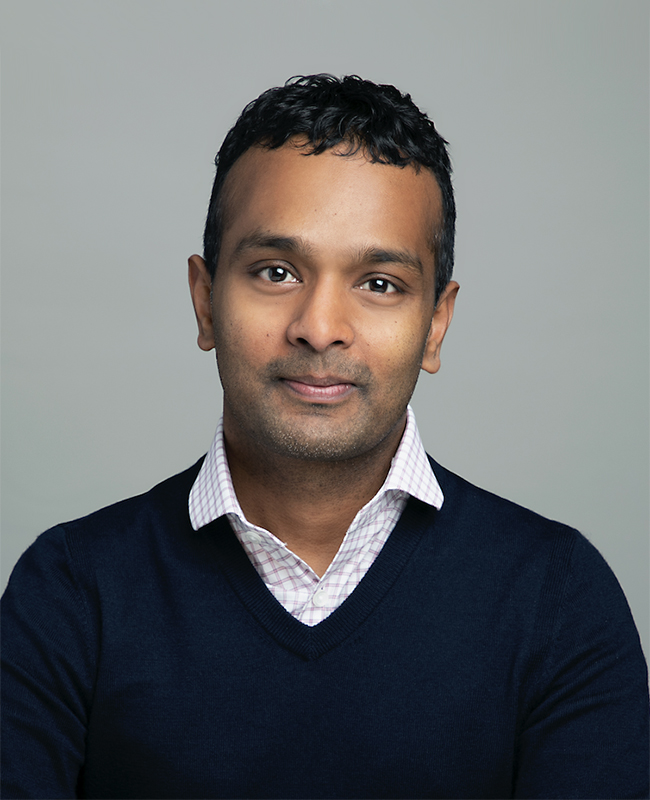Each year, the InfoSys Science Foundation (ISF) recognizes the achievements and contributions of researchers and scientists of Indian origin who are making waves in their field and beyond.
Allen School professor Shyam Gollakota, who leads the Mobile Intelligence Lab, received this year’s Infosys Prize in Engineering and Computer Science for his research that uses artificial intelligence to change the way we think about speech and audio. He is among one of six award winners who will be honored at a ceremony in Bangalore, India, next month and receive a prize of $100,000.
“This prize supports our work on creating a symbiosis between humans, hardware and AI to create superhuman capabilities like superhearing, with the potential to transform billions of headphones, AirPods, and improves the lives of millions of people who have hearing loss,” said Gollakota, the Washington Research Foundation/Thomas J. Cable Professor in the Allen School.
The award is one of the largest in India recognizing science and research excellence. This year, the ISF decided that the award will honor researchers younger than 40, “emphasizing the need for early recognition of exceptional talent,” the organization said in a statement.
For the past few years, Gollakota has been building innovative ways to boost the power of headphones using AI. Most recently, he developed a prototype for AI-powered headphones that create a “sound bubble” around the wearer. The headphones use an AI algorithm that allows the wearer to hear others speaking inside the bubble, while sounds outside of it are quieted. Gollakota said that the award money from the InfoSys Prize will go toward commercializing the technology.
He has also been working on ways to use AI to improve noise-cancelling headphones. Earlier this year, Gollakota and his team also introduced AI headphones that allow the wearer to listen to a single person in the crowd just by looking at them. Another deep-learning algorithm that Gollakota worked on lets wearers choose what pick and choose what sounds their noise-canceling headphones filter out.
These AI-enabled software that work in real-time can be difficult to run on smaller devices like headphones due to size and power restraints, however, Gollakota helped create knowledge boosting. The system can increase the performance of the small model operating on headphones using the help of a remote model running on a smartphone or in the cloud.
Beyond headphones, Gollakota has also looked into ways to use AI systems and smart devices for health care. Gollakota and a team of University of Washington researchers introduced a new tool for smart speakers such as Amazon Alexa that lets the device monitor people for signs of cardiac arrest while they are asleep by listening to their breathing, and then calling for help. He then developed another skill for smart speakers that can monitor both regular and irregular heartbeats without needing physical contact. Smart speakers can also use white noise to monitor infants’ breathing and motion, Gollakota found.
“His work on mobile and wireless communications is game-changing,” said Jayathi Murthy, Engineering and Computer Science Infosys Prize jury chair. “Particularly impressive is his work on active sonar systems for physiological sensing, battery-free communications and the use of AI to selectively tailor acoustic landscapes. These innovations will continue to benefit humanity for years to come.”
Read more about the InfoSys Prize and Gollakota’s achievements here, as well as a related GeekWire article here.


